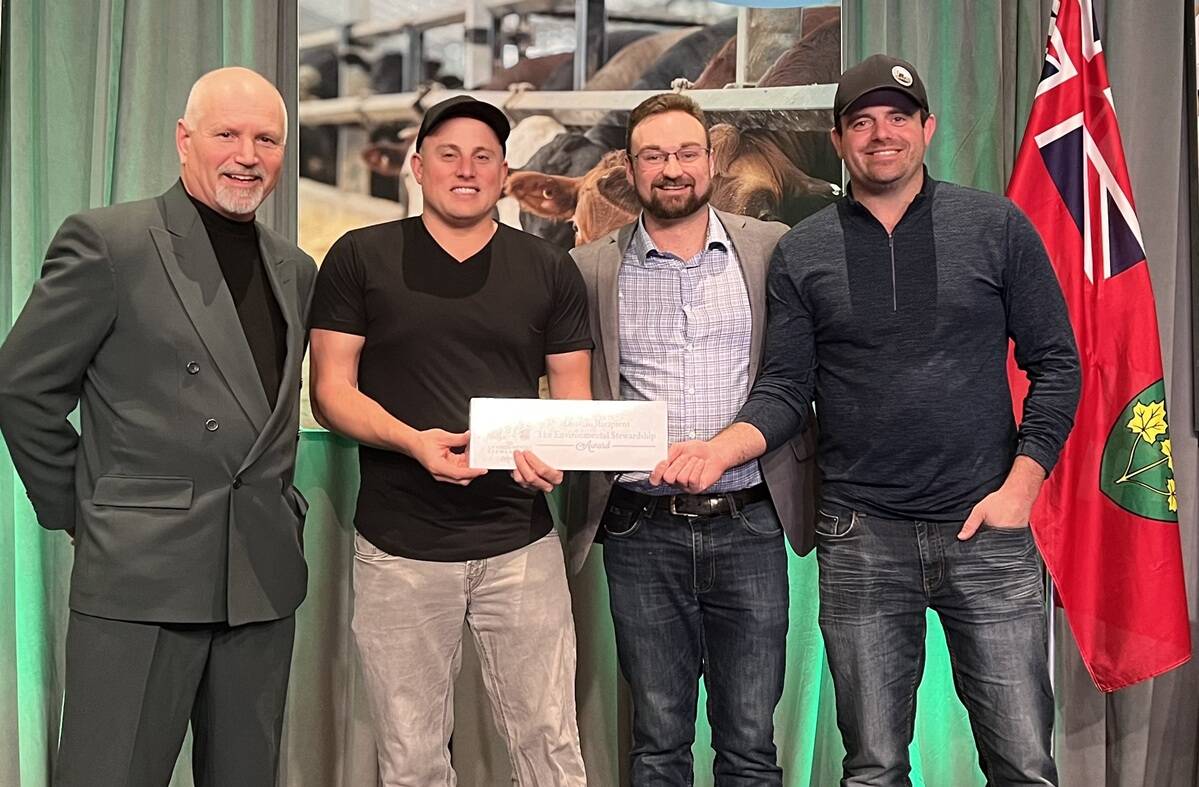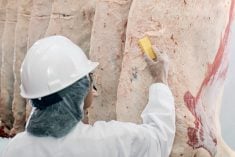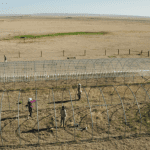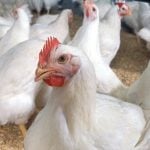On December 7, the long awaited report came from the World Trade Organization (WTO) Dispute Settlement Body (DSB) Arbitration panel that U.S. mandatory country-of-origin labelling (COOL) has caused Canadian livestock producers to suffer annual damages in the amount of C$1.055 billion. I was writing this in December from Washington, D.C., where CCA was lobbying for the repeal of COOL. The over $1 billion figure had the immediate attention of many U.S. senators and we sensed a strong build up of momentum to repeal COOL.
I hope as you are reading this in January, COOL will have already been repealed. We have been spreading the word that immediate repeal of COOL before the Senate takes its Christmas recess is the only option for the U.S. to avoid the immediate imposition of retaliatory tariffs on U.S. goods by Canada. If COOL has not been repealed, either retaliatory tariffs are in effect or will be in a matter of days.
Read Also

Scholarship winners, board elections and more beef industry news
Scholarship winners, board elections, Canadian Cattle Young Leader bios, and provincial Environmental Stewardship Award winners
Prior to the December ruling, the U.S. exhausted the WTO process to the full extent — and came out on the wrong side of its international trade obligations every time. No further negotiation should be done and no compromise should be expected. The retaliation amount cannot be appealed and on December 18, the WTO dispute settlement body would accept the arbitrator’s report and from that point, Canada and Mexico would be authorized to implement tariffs on a combined US$1.01 billion of imports from the U.S.
The CCA was very pleased to see the reactions on December 7 by international trade minister Chrystia Freeland and agriculture minister Lawrence MacAulay. Following the WTO arbitration announcement, the ministers warned that if the U.S. Senate did not take immediate action to repeal COOL for beef and pork, Canada will quickly take steps to retaliate. Minister Freeland reiterated this clear position in the House of Commons the same day in response to questions on COOL. Along with the staff at the Canadian Embassy in Washington (who has done an outstanding job for us on COOL) we were able to ensure that U.S. legislators were fully aware of the ministers’ intent. This was truly the key to achieving COOL’s repeal.
Over the past few months, Canada has transitioned to new leadership and the CCA greatly appreciates the strong and continued support of the federal government. At the CCA December 2 reception in Ottawa, Minister MacAulay was among the nearly 90 members of parliament and senators present. I, along with vice-president Dan Darling, had the opportunity to meet with the minister just prior to the evening’s program to discuss priorities of importance to Canada’s beef producers. We were also able to meet with him again more formally later in December following our work in Washington.
The key theme of CCA’s interactions with the new government is to focus on the competitiveness of Canadian agriculture. Within this context, export market access, workforce availability, research, access to land, financing and a competitive regulatory environment are all among the messages we have been advocating with members of parliament and directly with ministers. We will continue to engage with ministers and members of parliament to ensure the priorities of Canadian beef producers are heard and acted upon.
My first official meeting with Minister MacAulay was in November at Canadian Western Agribition in Regina. Already by that time, the minister was keenly aware of the significance of the approaching WTO arbitrators’ report in the COOL case and the need for the government to clearly state its intention to retaliate immediately.
COOL lobbying also took CCA to several U.S. states to attend cattlemen association meetings. In Wichita, I met with the Kansas Livestock Association. There was a keen interest in coming our way with regard to repeal of COOL and avoiding retaliation. Senator Pat Roberts and incoming National Cattlemen’s Beef Association (NCBA) president-elect Tracy Brunner are from Kansas and so it was a good meeting to attend. As chair of the ag senate committee, Senator Roberts has been a great ally and he was clearly the one leading the charge to repeal COOL.
A lot of the cattlemen I met with in the U.S. expressed great interest in working with Canada and learning more about the Canadian industry. I let them know about the Canadian Beef Industry Conference (CBIC) that will be held August 9-11, 2016 in Calgary. This one-of-a-kind event will bring together the semi-annual and annual meetings of several key stakeholder groups, along with learning and networking opportunities to create a unique experience for all participants, regardless of their connection to the Canadian beef industry. Many were interested in attending.
That is my season’s greetings message to Canadian beef producers. With COOL behind us and work to ratify TPP and CETA ahead, I know 2016 will be a wonderful year.















